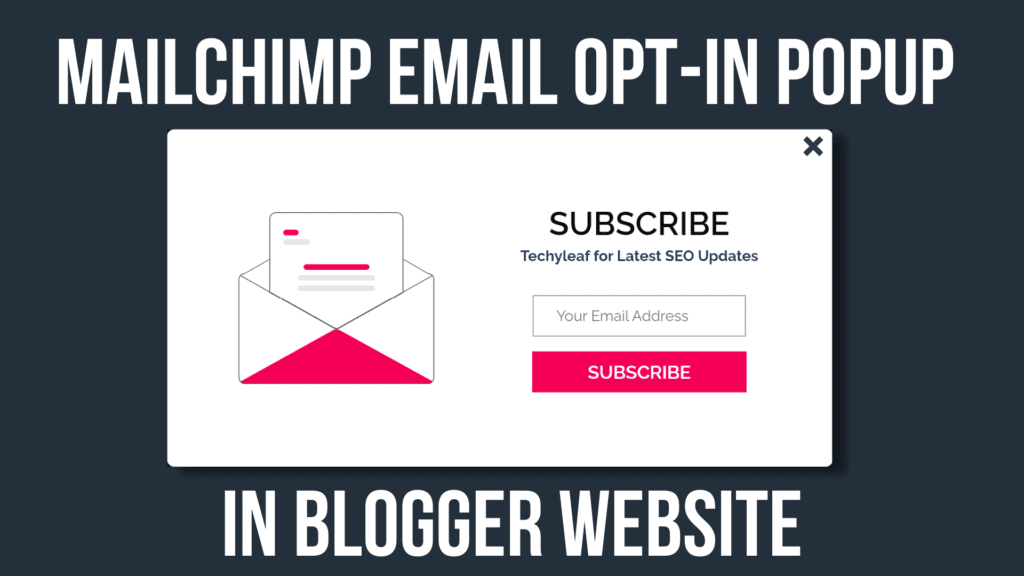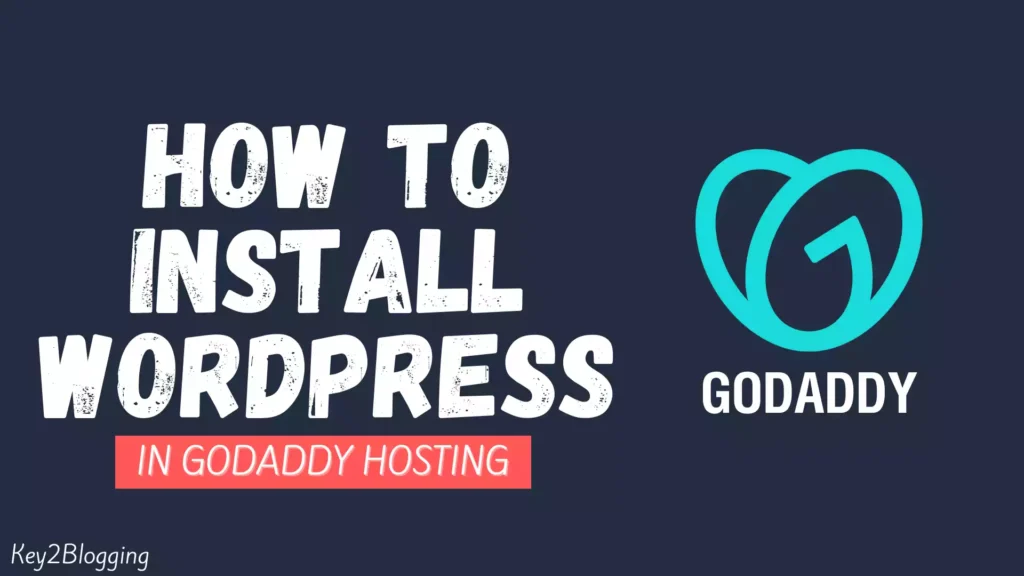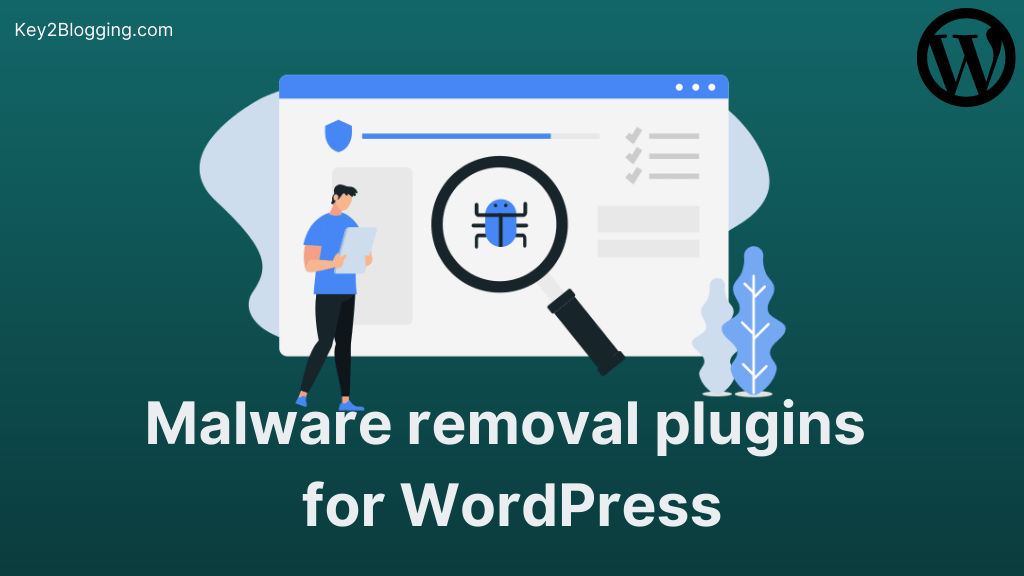The Definitive Guide To Writing A Blog Post In 2024
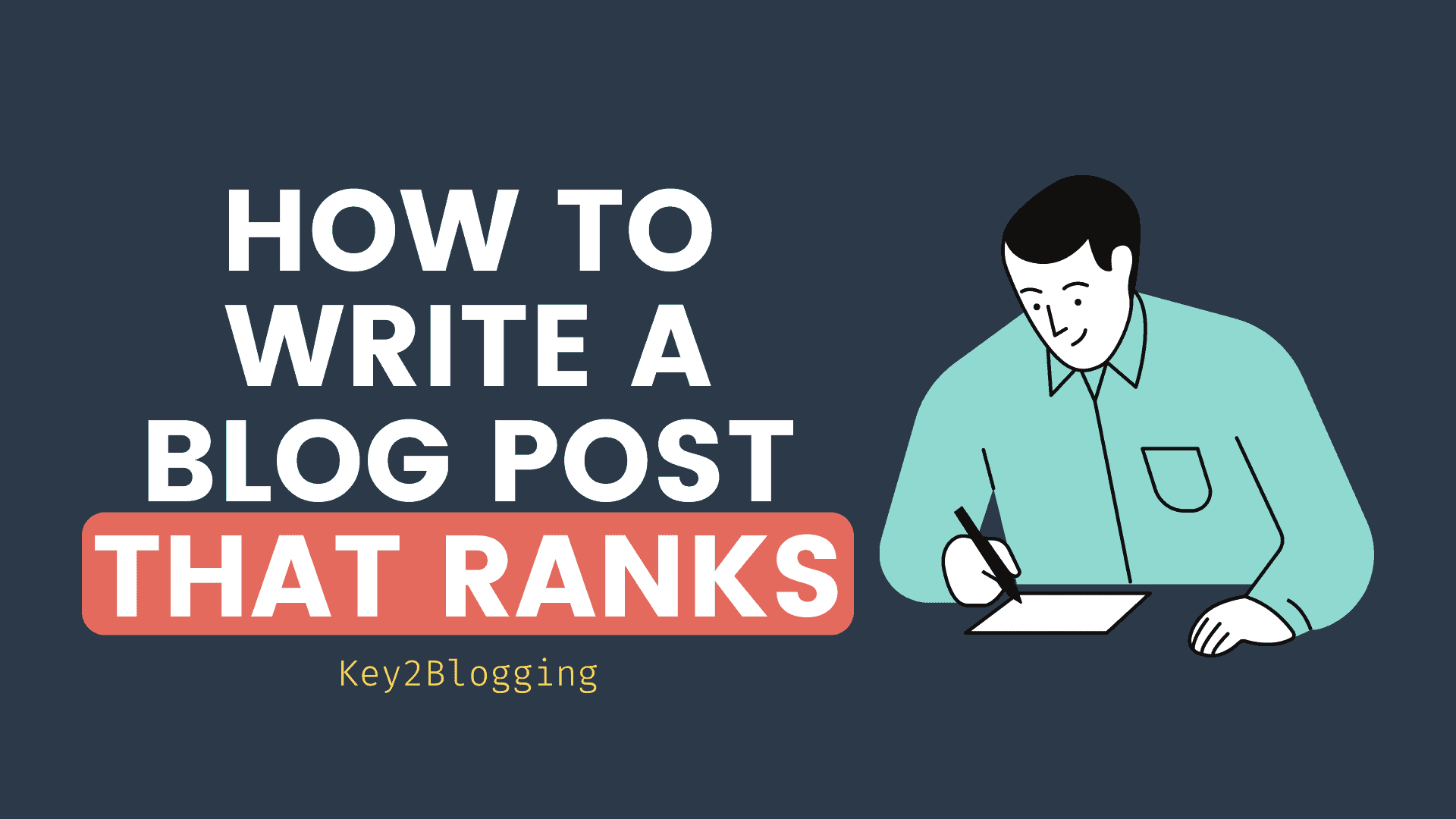
To write a blog post in 2022 you’ll need to know these three things before you start; who, what, and why?
Find out how to write your blog posts with these essential elements as well as how to write the best blog posts that bring in the most traffic, leads, and sales!
Why are blogs important?
The more I write, the more I realize that it’s not just about publishing content. It’s about building your brand. Through blogging, you create a connection with your audience and can form trust. You see what resonates with them and what doesn’t. This information is invaluable to you when planning future posts or knowing where to spend your time on social media platforms.
You can learn a lot about a person based on their writing style and what they choose to write about. It’s important to remember that your audience doesn’t have to be individuals. Maybe you want to focus on your organization as a whole.
You could choose an internal issue and share how it was resolved in order to promote transparency and build trust with employees.
What can blogs do for you?
If your website doesn’t have much traffic, that’s a problem. Your site probably needs fresh content, and to grow your online presence in general. It might be time to start blogging! You may also want to consider podcasting or vlogging (video blogging).
Here are some resources that can help you get started with each of these great ways to connect with customers and grow traffic: Write blogs: If you already have a website, add blogs—or start one.
One of our favorite things about blogging is that there are tons of different ways to write. You can find creative ways to connect with customers, promote your brand and grow your traffic. For example, you can write down what’s in season, share a best practice in your industry, or promote an event you’re attending. Learn more about how to write effective blogs here.
How to write your first blog post?
There are only two rules for writing a successful piece: 1) keep it short, and 2) provide added value. Read on to find out how to do just that.
Step one: come up with an idea. This may seem counterintuitive, but brainstorming is essential—before you know what you’re trying to say, you have no way of saying it effectively.
And if you have time, try to make your first post a short one. There’s nothing wrong with long posts, but I tend to find that they only work well once you’ve already built up some trust with your audience. Otherwise, it can be hard for new readers to know whether they should invest their time in a long piece by someone they don’t know.
Now that you’ve got an idea and a word count, it’s time to make your post special. This is where you really have an opportunity to add value to your readers.
The best way to provide value is by creating something original. This doesn’t mean that you need to be a professional writer—all it means is that you should try to give your readers something they won’t find anywhere else.
Things to keep in mind when writing a blog post
Always keep in mind who your audience is and speak to them directly. Be sure to discuss all relevant information pertaining to your topic, but don’t go overboard. Ensure that your content is interesting and informative while also being credible, relatable, and trustworthy.
Make it easy for your readers to get information on what they’re looking for quickly so they don’t have to spend a lot of time searching through walls of text.
Include images, charts, and tables to help break up text and make it more interesting. If you can’t include them on your own, check out tools like Canva that provide design elements for free.
Make your post shareable by including a call to action at the end, such as offering a free e-book, newsletter signup, or other pieces of valuable content. Be sure to provide all relevant contact information for people who are interested in following up with you.
How To Write A Blog Post That Ranks

The Step-By-Step Guide: If you’re going to put forth any effort in writing a post, make sure it ranks. Unfortunately, there is no magic formula for writing a post that does well in Google search results.
As we discussed above, factors like keyword research are important but also incredibly nuanced; even if you nail every detail of your SEO strategy and write a home run of an on-target post, odds are good that someone else beat you to it.
Understand your audience
There is no definitive guide to writing a successful post in 2022, so it’s important to try and understand your audience and what they want to see. You should ask yourself: What topics do my readers like? How old are they?
Find a proven topic
If you’re just starting out, your best bet is to find a proven topic. Look at popular blogs in your industry. Which posts get links and social shares? Which posts have high traffic and low bounce rates? What makes them successful?
After you’ve found your topic, it’s time to create a hypothesis. What do you think will happen?
Your hypothesis is only going to be as good as your why. Why are you blogging? Why do you think your hypothesis will work? What’s at stake if it doesn’t?
Do your keyword research
Before you start writing, it’s a good idea to research what people are searching for on Google. That way, you can make sure you’re providing relevant information that people are looking for when they look for your subject matter.

Use Google Keyword Planner to find out what people are typing into search engines, and read up on trends in popular content and writing styles. This is also a good time to look up any recent news on your topic—new stories provide good insight into future keyword trends.
Once you have a good idea of what people are searching for on Google, use Google Trends to find out how frequently those terms and phrases are searched over time. Pay attention to how often certain topics trend upwards and downwards over time. This will help you determine when to publish your content in order to reach as wide an audience as possible.
Use BuzzSumo to research popular articles and authors:

BuzzSumo is another great way to stay up-to-date with keyword trends over time. Using BuzzSumo, you can search for popular articles written about various keywords that interest you—for example, looking at some of my past work related to SEO (searching SEO tips or SEO methodically) shows me that folks still like reading about SEO from time to time!
Prepare a blog post content outline
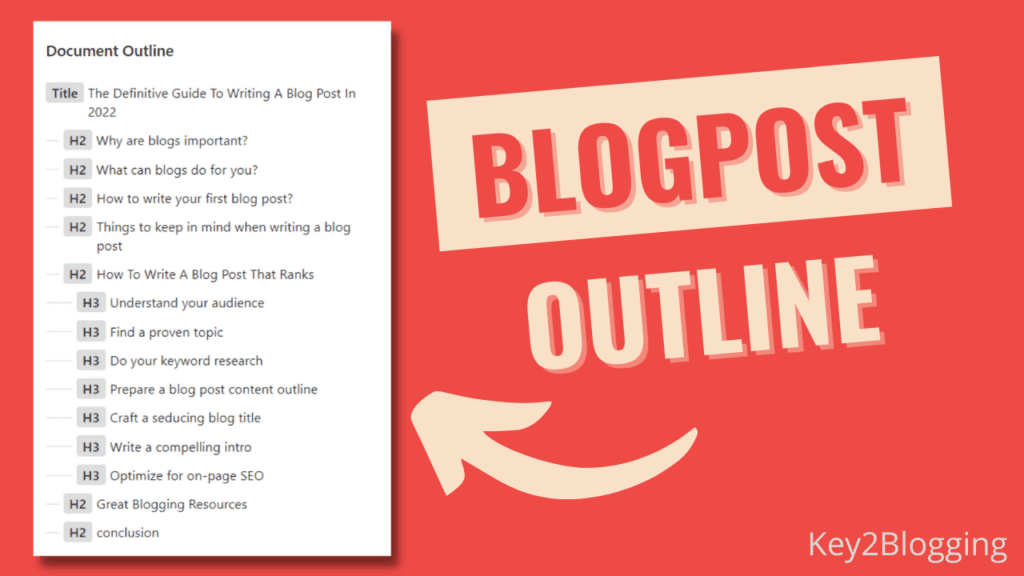
Writing a great outline is critical for both bloggers and writers. The organization of your post will be key to a good experience for your readers, and it will keep you on task as you write.
Remember that as you prepare an outline, that’s all it is. You don’t have to stick with it completely when writing your actual post; if an idea comes up while you’re writing that feels better than what’s in your outline, by all means, go with it!
Craft a seducing blog title
Here are some examples of seducing titles, starting with your most attractive option: “How to do X in 10 Easy Steps” or “A Step-by-Step Guide to X”. You can also add Quickly, Easily, and In 5 Minutes.
I would advise you not to use more than one of these words for now – it might be too much information at once. Remember that search engines read individual words only.
Note that a seducing title should be no longer than 70 characters, including spaces. That’s a bit less than two tweets. Aim for 80 to 100 characters if you want to target Facebook posts as well. (Facebook titles are limited to 90 characters).
Write a compelling intro
An intro is an incredibly valuable way to connect with your audience. Not only does it help you segue into your content, but also serves as a preview for what’s to come.
If you want to capture your readers’ attention and grab their attention in a few quick sentences, then using one of these tactics should be helpful: 1) Tell a compelling story. 2) Ask them a compelling question. 3) Describe how they will feel after reading your post.
Once you have their attention, you will need to take advantage of it. If you want to do that, then there are three things that you should definitely try: 1) Be specific 2) Be brief 3) Be helpful.
Some people try to skip over to writing an intro, and simply jump right into their content. While it’s understandable that you want to do that—after all, if you don’t capture them in your intro, then they won’t be reading your post anyway—that’s a big mistake.
Optimize for on-page SEO
on-page SEO is an approach to SEO that involves altering your content’s on-page elements, such as its headings, tags, and writing style. By crafting well-optimized content, you ensure that search engines know exactly what they are looking at when they crawl your pages.
This can have a huge impact on how likely Google is to rank your site at position #1 for relevant searches—and therefore how likely you are to get traffic from those searches.
Optimizing your content for on-page SEO can feel complicated and confusing, but there are some general guidelines that are easy to follow. The most important factor is in choosing your keywords carefully when you first write your post.
Once you’ve selected your keywords, it’s time to start optimizing. This can be done in a number of ways, but here are some basic rules to follow
Use proper heading structures Like H2, H3, and H4, add bullet lists, Use Image ALT tag, use internal and external links, etc.
Great Blogging Resources
If you’re just starting out, there are plenty of places for you to get started. We published a list of some great resources for beginners right here on Key2Blogging. Check it out if you want to learn more! 5 Amazing Blogging Resources For Beginners.
With so many resources available, it can be hard to know where to begin. We’ve picked out some of our best blog posts, and we’re also open to your suggestions! Let us know in the comments below! It’s time for you to join our community of bloggers and share your voice with the world.
conclusion
Even if you don’t want to be a professional blogger, you need to be able to write in a way that appeals to readers and spurs them into action.
Remember: It’s not just your ability to dazzle with language that makes your writing appealing—it’s also how you choose your words, how well you make your argument, and how compellingly you present it.
